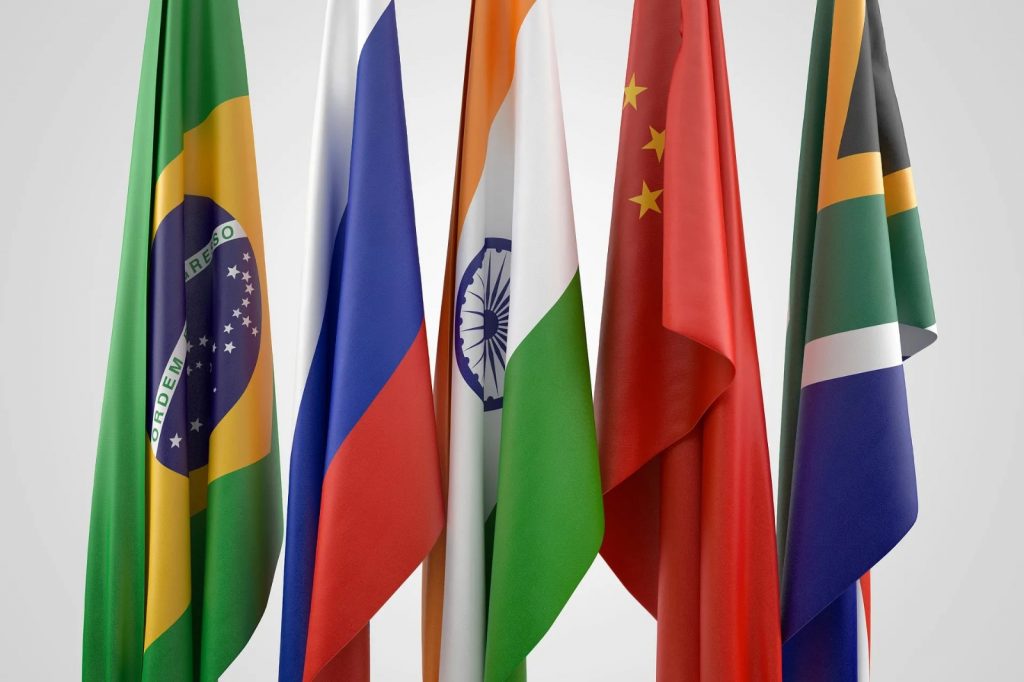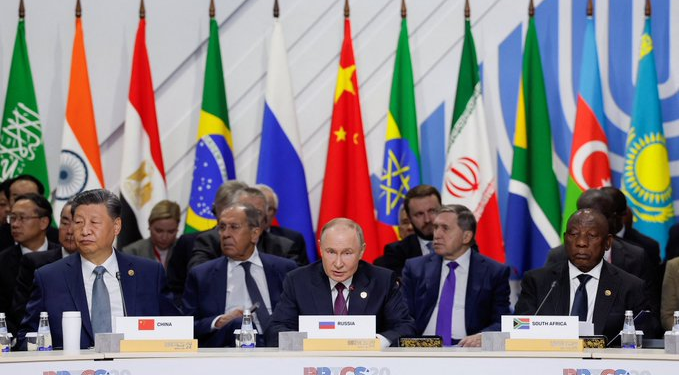As the world ushers in 2025, BRICS has expanded its reach by welcoming nine new partner countries to its bloc. This marks a significant step in the group’s effort to strengthen its global influence and foster international cooperation.
Following the admission of four new member states in 2024, BRICS officially introduced nine nations as partner countries on January 1, 2025. These additions include two nations from Latin America, three from Southeast Asia, three from other parts of Asia, and one from Africa.
The nine new partner countries are Belarus, Bolivia, Cuba, Indonesia, Kazakhstan, Malaysia, Thailand, Uganda, and Uzbekistan. The concept of partner countries was introduced during the 16th BRICS Summit held in Kazan, Russia, in October 2024. Partner countries are not full members but are expected to work toward membership while collaborating closely with the bloc.

According to Economy Middle East, partner countries can propose initiatives but do not participate in the approval of documents or voting processes. Of the thirteen nations invited, nine accepted the partnership offer, while Algeria, Nigeria, Turkey, and Vietnam have yet to respond.
In January 2024, BRICS expanded its membership by admitting Egypt, Ethiopia, Iran, and the United Arab Emirates (UAE). These countries joined after receiving invitations during the 15th BRICS Summit in Johannesburg in August 2023.

Argentina initially accepted an invitation to join but reversed its decision following a change in government in December 2023. Meanwhile, Saudi Arabia had not made a formal decision regarding membership by the end of 2024.
Founded in 2009 as BRIC (Brazil, Russia, India, and China), the bloc became BRICS with the addition of South Africa in 2010. With nine members and nine partner countries, BRICS now represents nearly half of the global population and contributes over 41% of the world’s GDP, according to Geopolitical Economy.
As a leading economic bloc, BRICS encompasses some of the world’s top producers of oil, gas, grains, meat, and minerals. The addition of partner countries further solidifies BRICS’ status as a major player in shaping global economic and geopolitical dynamics.









